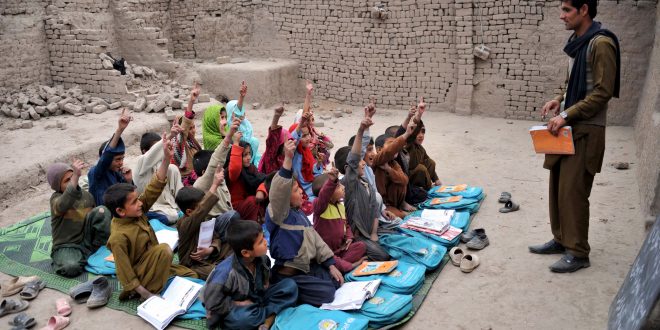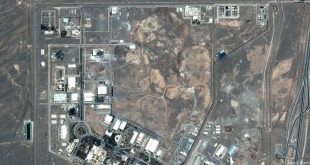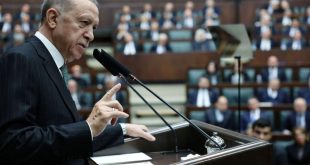Mohammad Parwiz Arian
KABUL: The Education Cannot Wait announced four million dollar grant first emergency response grant in Afghanistan.
The new investment responds to the fluid and complex crisis affecting Afghanistan, a sharp increase in internal displacement, and the long-term impacts that decades of conflict have had on Afghanistan’s children and adolescents.
Delivered in coordination with Afghanistan’s Education in Emergencies Working Group, the ECW grant will provide 38,000 internally displaced children and adolescents – with a focus on girls’ education (20,900 girls) – with access to quality, flexible learning opportunities, and psychosocial support.
Afghanistan’s Education in Emergencies Working Group estimates that approximately 400,000 school-aged children in Afghanistan have been forcibly displaced since January 2021. Across the country, more than 3.7 million girls and boys are out of school, and just 37 percent of teenage girls can read and write, compared to 66 percent for adolescent boys.
“Every girl and boy in Afghanistan deserves to realize their inherent human right to quality education. The rights of girls and adolescent girls are especially important, as well as that of children with disabilities given the widespread challenges and suffering of both groups. Education Cannot Wait and our partners are responding with speed to provide safe and inclusive educational opportunities for an entire generation of Afghan children and youth that risk being left behind within a complex humanitarian crisis. This represents our investment in peace, our investment in girls’ education, and our investment in human dignity and human rights,” said Yasmine Sherif, Director of Education Cannot Wait, the United Nations global fund for education in emergencies and protracted crises.
The First Emergency Response grant provides learning and psychosocial support opportunities for displaced and at-risk girls and boys – including adolescents – through the provision of a variety of flexible and alternative learning programs offered in community-based temporary learning spaces.
 Afghanistan Times
Afghanistan Times




